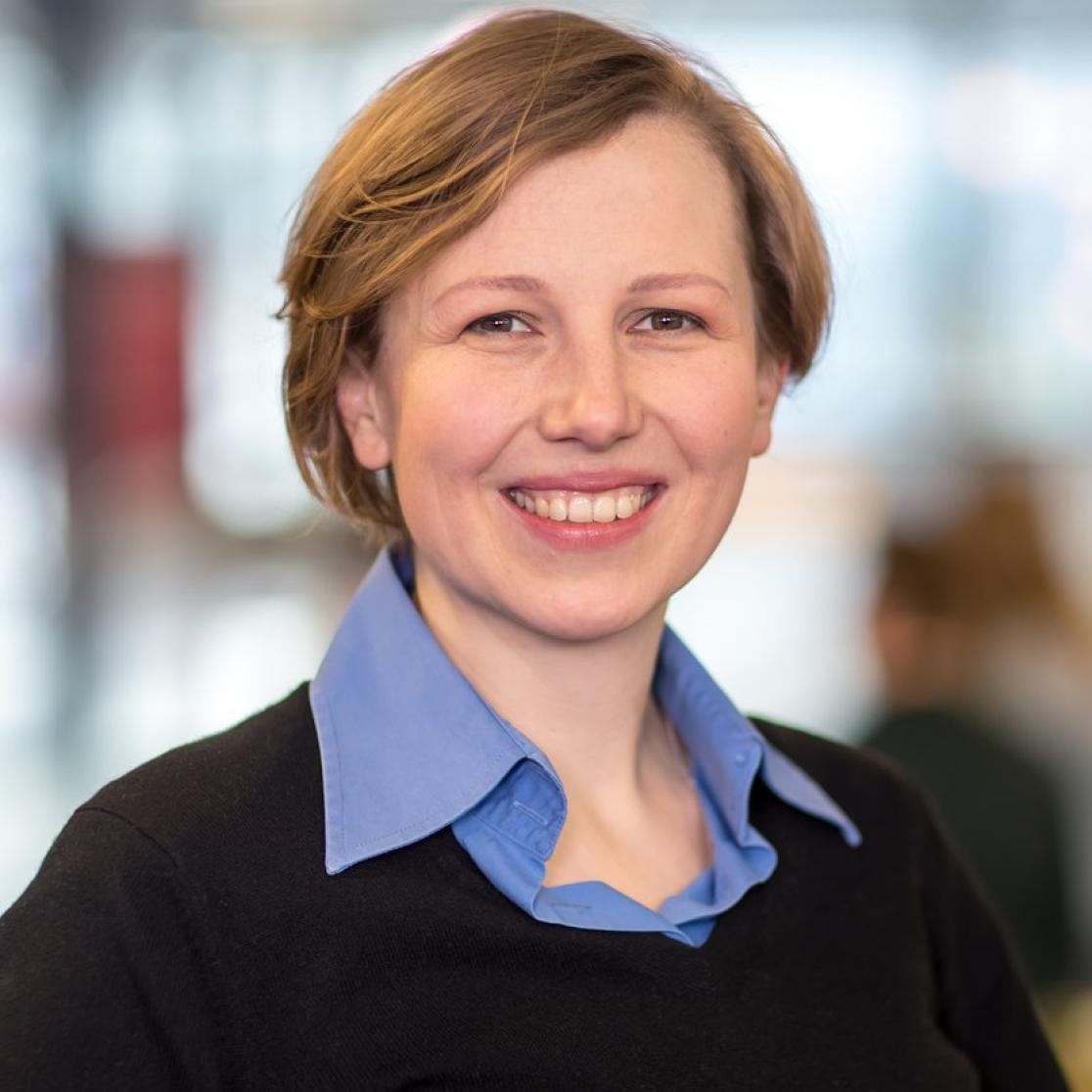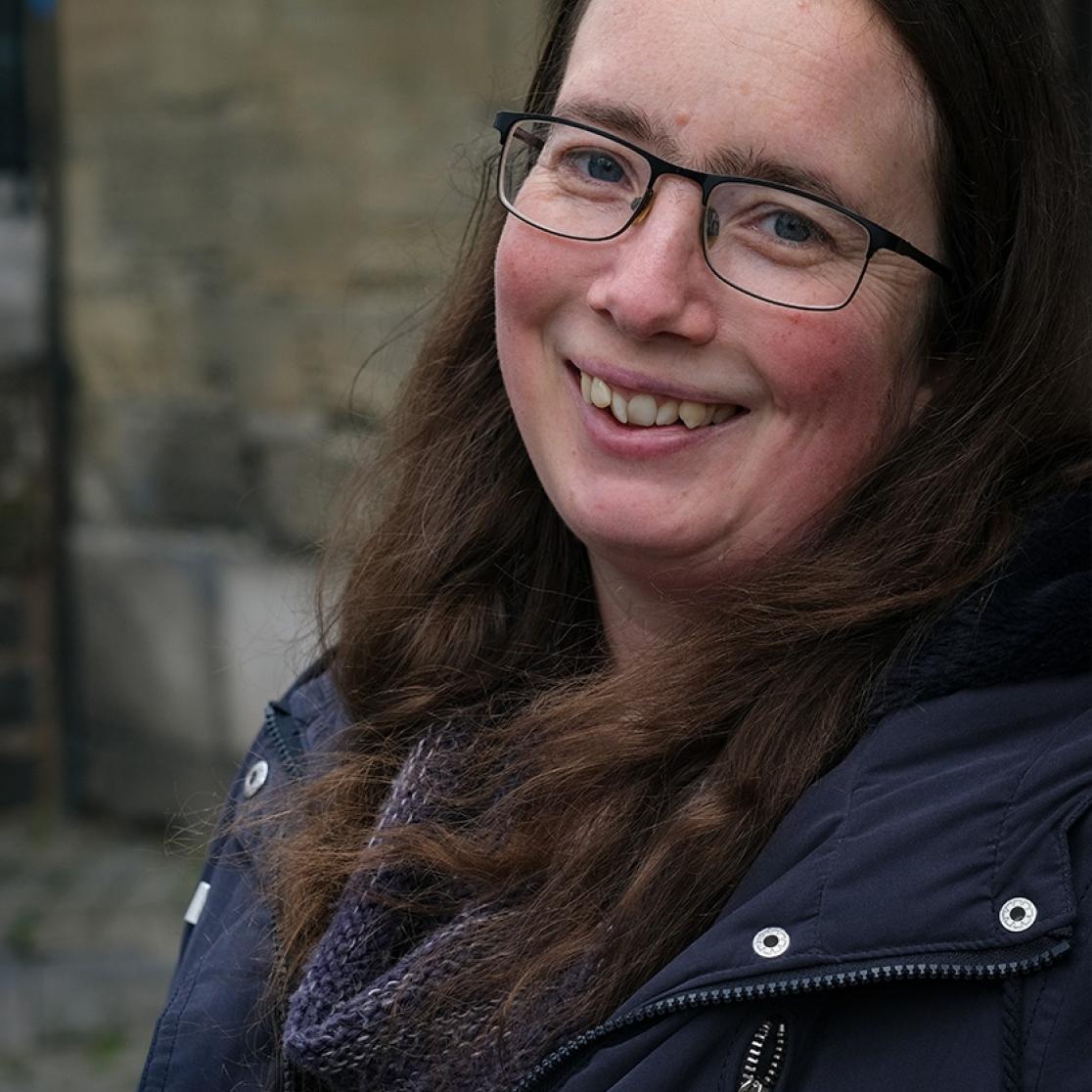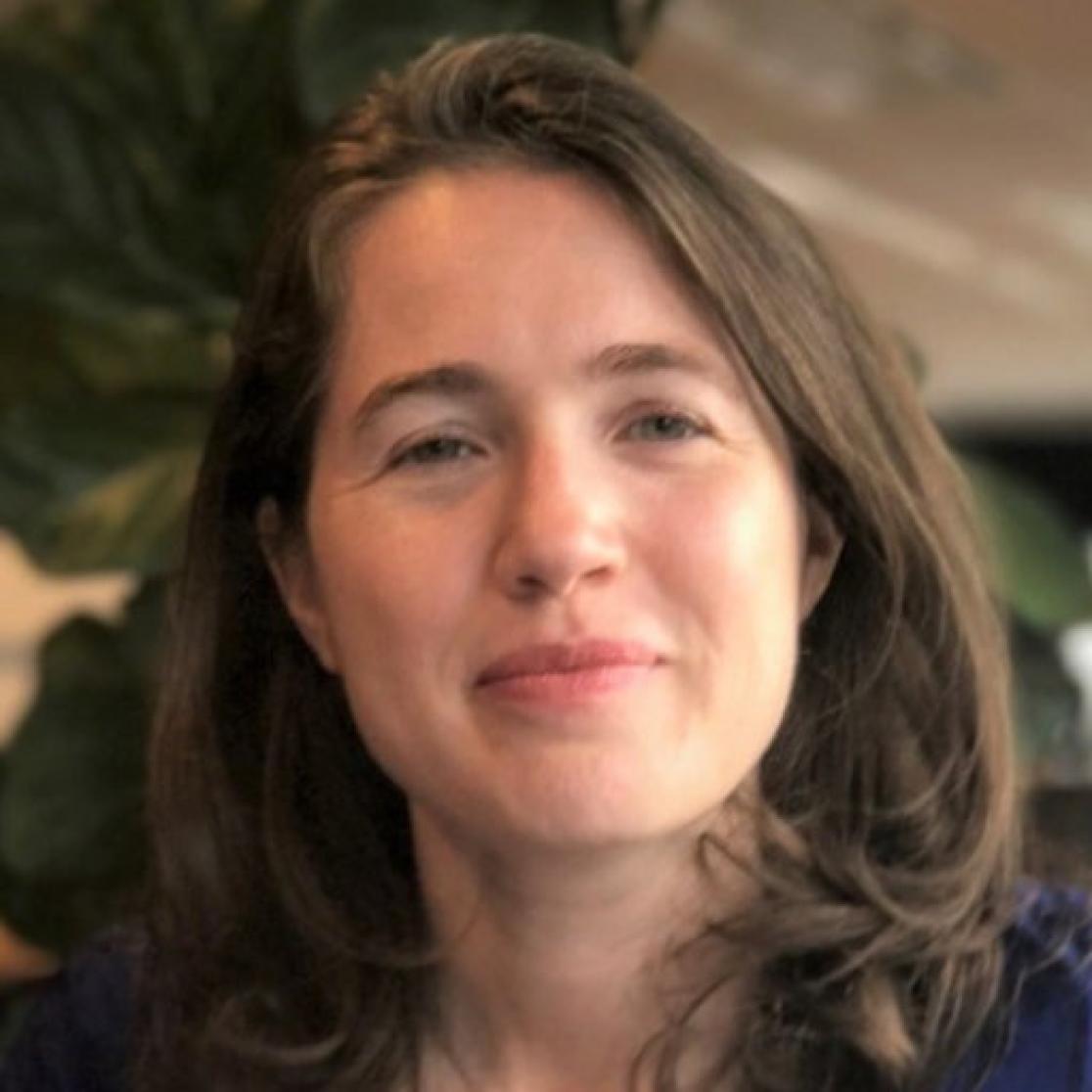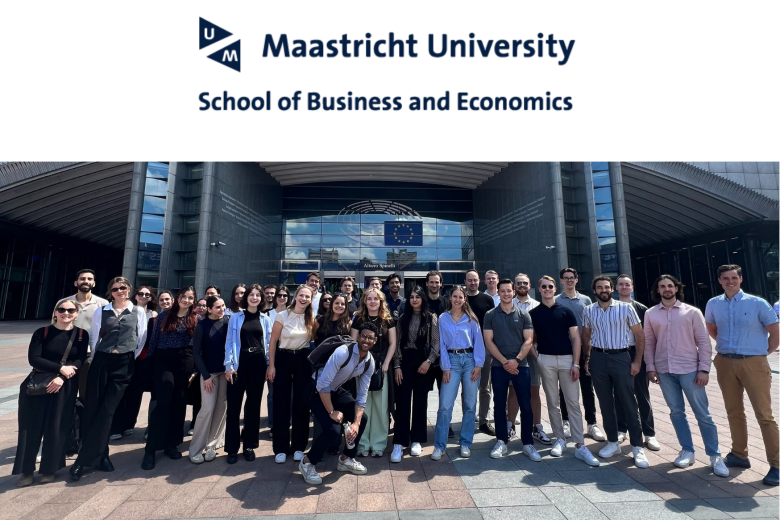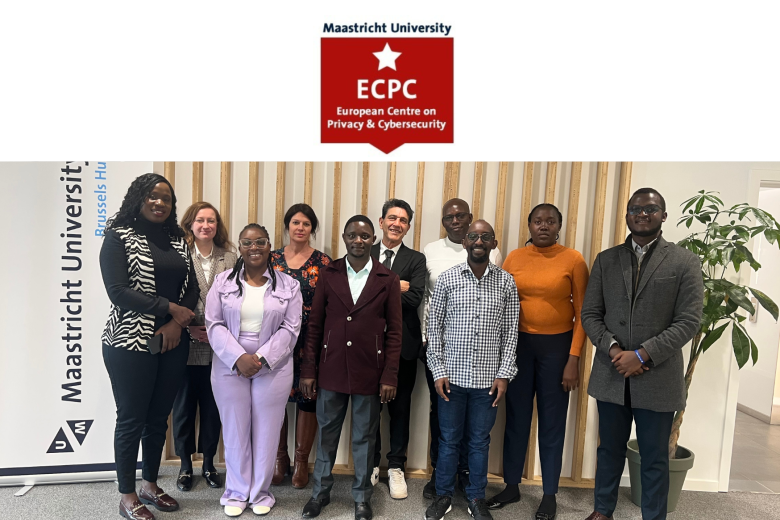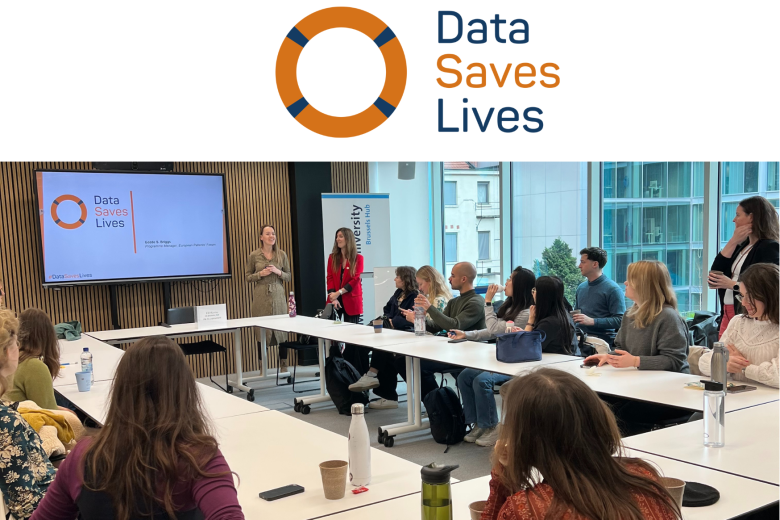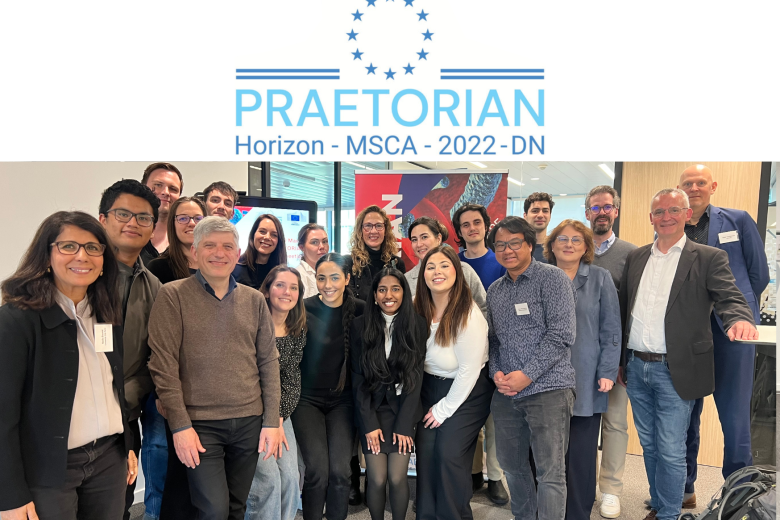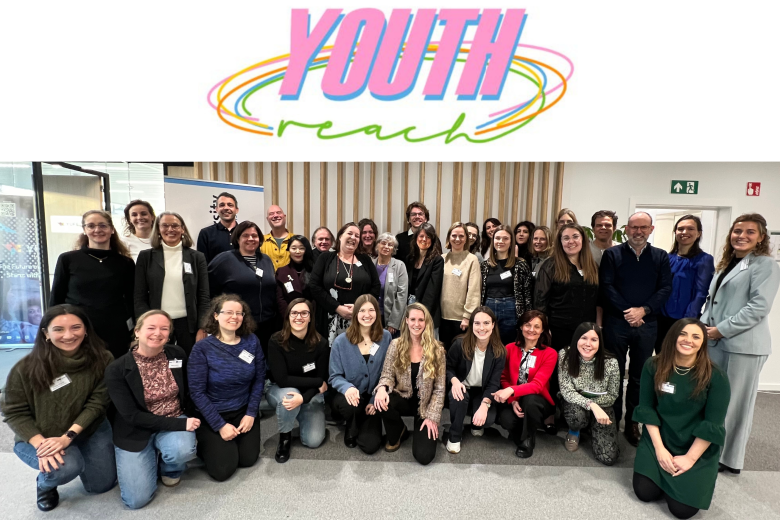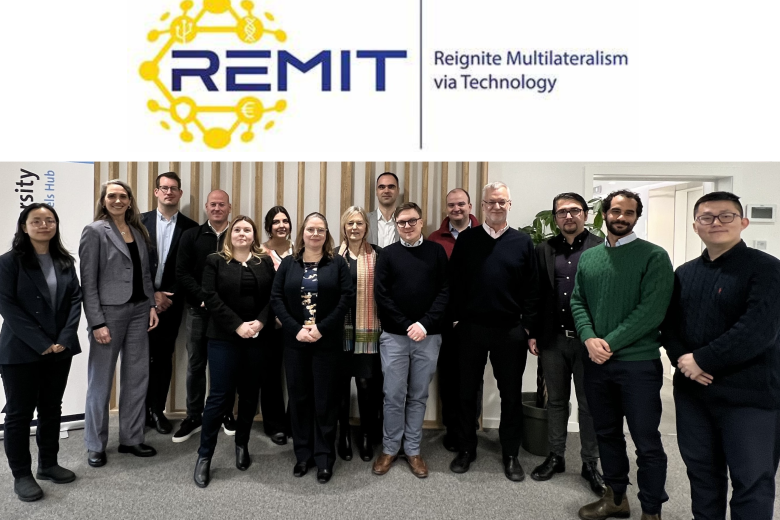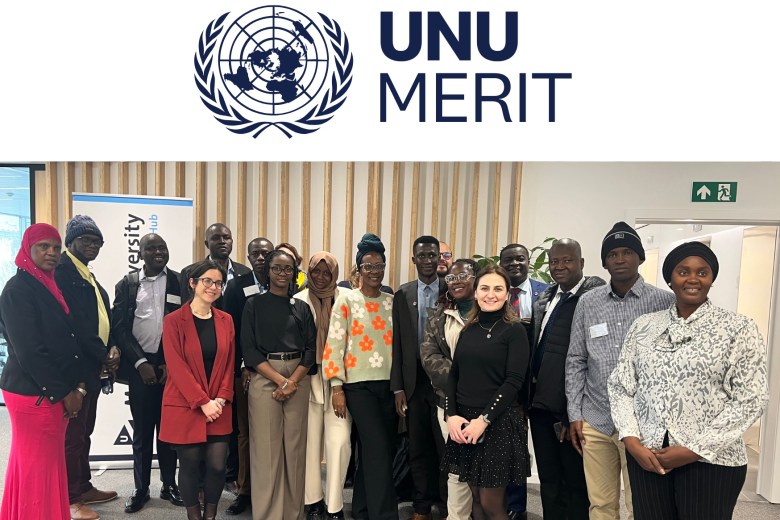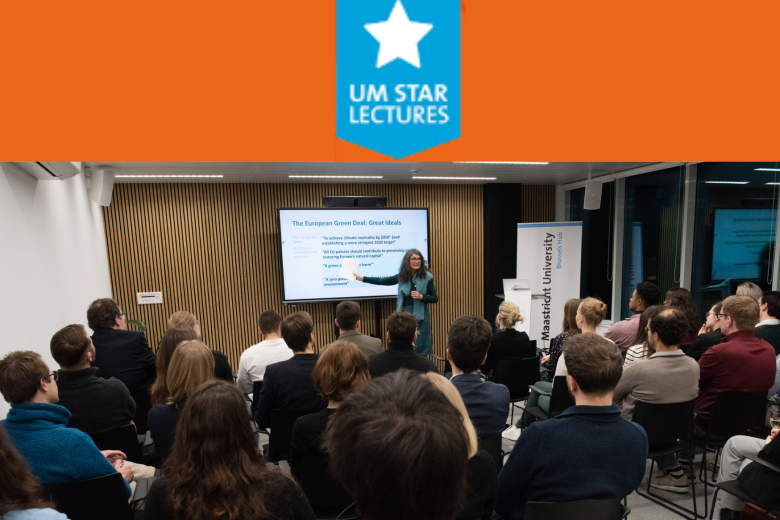The third area of measures entails changing cultural and structural organizational processes that produce and sustain gender equality and support the effectiveness of gender policies. If an institution succeeds in attracting underrepresented or marginalized groups, it will need to facilitate an inclusive and supportive environment for all employees to avoid the ‘revolving door effect’. This requires the engagement of the whole organization, particularly decision-makers, in activities, communication, representation, awareness raising and unconscious bias trainings. As the collective work of the D&I Office together with collaborating UM departments and networks reaches broader audiences, more visibility is generated for problems encountered by underrepresented groups in existing physical or procedural structures at the UM. These collective efforts have contributed to adaptations and revisions in some of these existing structures. This section details the developments that have supported both cultural and structural organizational changes at the UM through broader D&I policies, initiatives and activities. Furthermore, it addresses what structures are currently in place at the UM to facilitate a safe and inclusive environment for UM staff and UM students.
UM Facilities
The UM has established specific facilities to reflect the needs of specific groups within the UM community. Thus, in addition to baby-changing rooms at each faculty, the UM also has all gender and accessible toilets as well as toilets that contain free menstrual products. The UM is currently also expanding on lactation-and resting rooms at faculties. The D&I Office has produced a map to locate all these facilities at UM locations.
Incidentally, UM buildings are also used to draw attention to specific topics. Some examples of this are pictures taken by photographer Robin de Puy to represent the diversity of the university, which are located at the Tapijnkazerne building. Another example was an art exhibition at the UM on women in mathematics for which the UM hired a curation team. Because of the D&I Grant project “Bloody Serious”, that is currently piloting, all UM toilets now contain free provision of menstrual products to bring attention to period poverty.
Inclusive Language and Recruitment
The D&I Office has produced a Gender Inclusive Language guide in both English and Dutch, in line with the UM’s Gender Inclusive Language Policy. The impact of these efforts are noticeable by the increased use of pronouns by staff members and students, as well as by updates in digital registration systems at the UM that now include an expanded list of pronouns. In collaboration with YUFE WP7, the D&I Office has also developed a D&I glossary of terms to encourage the use of more inclusive language in the UM communication; be it internal, external or in personal communication.
Through collaborative efforts between the HR department, the D&I Office and the FEM Network, a guide is developed for writing inclusive vacancy texts that is accessible to all members of the UM community. Furthermore, staff members can have their vacancy text checked for gender-inclusive language and recommendations by the D&I Office through checkmyvacancy@maastrichtuniversity.nl.
Diverse Representation in Committees, Panels and Decision-Making Bodies
Fostering an inclusive and stimulating work and study environment can also be tackled through diverse representation, particularly in positions at the top. The UM sets a prominent example with a Board of Executives that currently, and for the first time, consists of a majority of female members. The UM appointed its first female Rector Magnificus, prof. dr. Rianne Letschert, in 2016 who became the first female President of Maastricht University in November 2021. As of February 2022, the role of Rector Magnificus will be fulfilled by prof. dr. Pamela Habibović. The UM also requires that a gender balance is maintained for advisory committees at the UM. Informally, the importance of diverse representation in such bodies and panels is now more recognized and taken into account when appointing members or in external UM communication. This is also encouraged at other levels for the composition of (research) teams or other collaborative efforts. For applicants of D&I grants, for example, the requirements encourage a diverse composition of the teams that is representative of the diversity within the UM community (i.e. preferably a collaboration between faculties and consisting of both students and staff).
Through various internal and external channels, the UM ensures that both staff and students are exposed to a diverse pool of people in leadership positions. Be it through events organized by the D&I Office or D&I Organizations, activities organized by Studium Generale, faculty initiated events, or bi-monthly lunches and mentorship programs organized by the FEM Network, to name a few. In addition, the independent newspaper the Observant that is distributed across all UM faculties, assists in the exposure of the diversity within the UM community through their interview segments with people from the community.
UM Community Capacity Building and Training
The UM’s HR department has recently introduced a new vision on sustainable employability at the UM. This vision supports all employees to invest in their future mobility by providing a safe learning and development environment at the UM. As a result, UM managers have a duty to facilitate this process with their employees in every possible manner. The UM offers a number of trainings to staff and students through various internal and external channels. These trainings are aimed at building academic skills and qualities, strengthening communication and raising awareness on behavioural-related topics. Examples of UM providers of workshops, trainings and initiatives are listed below.
In past efforts, the D&I Office has looked into outsourcing gender bias trainings (e.g., Good Lad Initiative) for UM staff as a pilot. Through the collaboration with the YUFE network, the D&I Office also had the chance to pilot an online anti-bias training. Based on the evaluation of this pilot the UM is currently looking into alternative manners to include relevant competencies into existing training trajectories. The UM D&I webpage offers information specifically aimed at inspiring, educating and supporting people by providing topical literature, specific tools and other resources that people can refer to at their own pace.
The FEM Network organizes tailored workshops and trainings for the UM community and focuses on areas where women face disadvantages. They have offered workshops on enhancing negotiation skills for women in collaboration with the UM Staff Career Centre, which has become part of the regular offer by the UM Staff Career Centre since 2021. To lower the financial burden to participate in this workshop, the FEM Network covers 25% of the cost per participant. The FEM Network also provides trainings and workshops on the topic of gender equity and inclusivity for students and PhD candidates, as well as on topics such as anti-bias and intervention techniques for bystanders. In December 2021, the UM Staff Career Centre provided and co-funded a pilot workshop on active bystanders, which will be part of the regular off by the UM Staff Career Centre in 2022, sponsored partially by the FEM Network and MYA.
The Maastricht Young Academy (MYA) hosted a series of intercultural training workshops in 2020 and 2021. These trainings were designed for individuals who wanted to become familiar with how cultural norms can determine behaviour and interactions with colleagues and students. Furthermore, they hosted a screening and panel discussion of the “Picture a Scientist” documentary in 2020, which addressed the experiences of older generation of women in STEM who advocated for the equality of representation, pay and working space for women in science. As from 2020, the MYA initiated a local chapter of the event series Growing Up in Science (GUS), which they continued in 2021.
The MYA academic citizenship initiative seeks to facilitate a university-wide conversation on how to be a good academic citizen. The initiative includes five focus areas: human resources, leadership, mentoring, community and service.
Faculties are also initiating events on diversity awareness and inclusion. For example, the UM Faculty of Health, Medicine and Life Sciences (FHML) organized an educational event in 2021 titled: “How Aware is FHML of Diversity?” This event aimed to tackle diversity in the medical field for which it brought health professionals together to exchange best practices and expand their horizon.
The UM Taskforce Professional Leadership Development, which included the D&I Office, has developed the UM Leadership Academy to help UM employees grow as professionals, equip them for the tasks they face, and support them in the challenges encountered which includes diversity components. The launch of the UM Leadership Academy is planned for 2022.
Inclusive Research and Education
The DIHOO points out that failure to acknowledge gender differences when setting up and carrying out a research project can lead to costly errors (e.g. medical research). Thus, to further support an inclusive environment, an institution should ensure a better integration of the gender dimension in the education curriculum and the set up of research projects.
As a form of empowering women in academia, the FEM Network designed a leaflet summarizing Dutch and EU grants, awards and fellowships specific for women. It has also developed a citation bias guide which is expected to be released in 2022. The UM also offers tips for researchers and funding advisors involved in writing research proposals to reflect on whether the intended research addresses relevant diversity and inclusivity questions and needs. Addressing these dimensions is increasingly required by funding schemes (e.g. the gender dimension for Horizon Europe). The toolkit goes beyond the traditional gender balance component in team compositions and sample populations or sex balance in animal models and cell lines. UM’s network UMPride has also produced an educative video on sex versus gender that will be distributed UM-wide
The Centre for Gender and Diversity plays an important role in teaching and research on gender studies and diversifying study curricula at the UM. This is further supported by D&I grant projects, such as: All for One & One for All (2020); Diversifying Course Materials (2020); Data Scientist MINDSETS (2021); and Treat it Queer (2021) that aim for representative and inclusive teaching and research at the UM. . At some faculties, teaching staff (and students) are looking into possibilities to include a diversity component in post-course evaluations as a means to ensure inclusive and representative teaching and learning through continuous course developments.
The UM President signed the Declaration of Intent of Dutch Institutions for Higher Education in 2020, by which it has committed to accessible and inclusive education for UM students with (in)visible disabilities. This commitment includes three key pillars, namely: actively involving students with disabilities; drawing attention to flexibility in the curriculum; and improving the expertise of all employees.
The Maastricht University for Education Innovation (EDLAB) aims to increase the engagement of both students and staff (co-creation) with the education process. To this end, EDLAB plays a vital source in further encouraging diversity and inclusiveness in UM-wide innovation and education projects and teacher trainings. They have developed and offer trainings on decolonizing the curriculum, the international classroom and diversity. The D&I Office and EDLAB collaborate to provide a sustainable offer of diversity related activities. An example of this is a pilot project for the master program Globalization and Development Studies (GDS) at the Faculty of Arts and Social Sciences. This is a collaboration from the GDS program officers, the D&I Office and EDLAB and involves an educational development project about bringing diverse perspectives into GDS courses by including alumni and students of this master program. EDLAB will also host the first UM Education Day in 2022. This event is meant to learn, share and exchange ideas and new practices regarding educational design and delivery, assessment and feedback, research innovation, international classroom and diversity, excellence programs, mentoring and advising for and by the UM teaching and learning community.
Recognition and Rewards
In 2019, the UM President signed the Declaration on Research Assessment (DORA), which marked the UM’s official endorsement of a new approach to assessing academics. This culminated in the current national Recognition and Rewards initiative, co-led by the UM President. The FEM Network has highlighted on the disproportionality in how female academics are valued and rewarded at the UM through publications. The MYA has also offered critical reflections in a position paper to support the further development of this policy from the perspective of a young academic. The Recognition and Rewards initiative remains a priority in the UM Strategic Program 2022-2026.
Supporting a Healthy Work-Life Balance
The UM has specific family and lifephase-friendly facilities and (HR) policies in place to ensure the sustainable employability of UM staff and the successful study completion for UM students. In general, UM employees are provided with an individual choice model that allows them to adapt their working hours by buying or selling hours of leave. The UM provides support to staff and students with visible and invisible disabilities under the umbrella of the Taskforce Obstacle-Free Studying and Working. The Student Service Centre's Disability Support Office and the D&I Office are closely working together to develop inclusive policies and improve accessibility for this group. The UnliMited Network is the youngest network at UM and is dedicated to both staff and students with a disability or chronic disorder, whether visible or invisible. The UM Cares Project aims to facilitate UM staff and students with caring responsibilities. To this end, different types of leave are available for parents and carers, which they can discuss with their respective UM manager or HR officer. The collective labour agreement for universities allocates time to parents who breastfeed their children. Furthermore, a network of parents and carers (PAC Network) is set up at the UM, where staff and students with caring responsibilities can find support and other services, depending on their needs. The FEM Network has called specific attention to the disproportionate impact of Covid-19 on caregivers and on border workers. These statements are taken into consideration as the UM navigates the future of working at the UM and the balance between working from home and working on campus.
Social Safety & Security
In accordance with the UM Integrity Code of Conduct, which is based on several other codes of conduct, the UM does not tolerate any form of inappropriate/undesirable behaviour or unequal treatment in the work and study environment. This includes any form of sexual harassment and assault, aggression and violence, a dispute, bullying and discrimination based on race, nationality, gender, religion and sexual orientation.
General Codes of Conduct and Complaint Procedures for Undesirable Behaviour
For UM community members that experience or witness such behaviour, the UM has central Confidential Advisors in place for UM students, UM employees and one per faculty for all PhD candidates at the UM. Confidential Advisors are trained mediators and can monitor the interest of those that need support. In addition, both UM employees and students can turn to the UMOmbudsperson, in case of legal issues. The Ombudsperson is to act impartial and independent and has the right to information as well as the power of investigation. Should none of these options result in a fruitful solution, one can proceed with filing an official complaint (either with or without the support of a Confidential Advisor) with the UM Executive Board. UM employees may refer to the Regulation on Undesirable Behaviour for the precise procedure. Furthermore, the Regulations of the Joint Complaints Committee for Undesirable Behaviour also applies. The UM Executive Board has installed an independent Inappropriate Behaviour Committee to deal with complaints. For UM students, a flowchart is available to navigate their way in support options and procedures when reporting an incident as a student. UM students may also refer to the step-by-step plan that allows them to file a formal objection, appeal or complaint with the Complaints Service Point (CSP), for which the UM Student Deans can be contacted for legal questions.
Sexual Harassment, Assault and Violence
The UM has organized a conference on the topic of sexual violence and sexual harassment among UM students in 2021, at which the UM President signed a manifesto drafted by Amnesty International Netherlands and #LetsTalkAboutYES. With this gesture the UM pledged itself to uphold the six promised contained in this manifesto. These promises are aimed at equipping staff and students with the knowledge and skills to combat sexual harassment, assault and violence and to ensure the university has appropriate infrastructures in order to provide tailored guidance and support for survivors of sexual harassment. The D&I Office has dedicated a separate support webpage providing information for survivors of sexual harassment, assault and violence and providing tools for those seeking to support survivors. The student organization WeCare raises awareness on sexual violence and provides a safe space for survivors of sexual violence. They work closely together with the Sexual Assault Center. Catcalls of Maastricht (Instagram handle: @cat.calls.of.maastricht) raises awareness for sexual harassment and street intimidation and provides a support network for people subjected to this.
The Universities of The Netherlands recently raised awareness for university staff who are increasingly being subjected to threats, violence and hatred due to media-related or otherwise public engagement or the position they execute. To encourage support structures at universities for staff encountering such behaviour, a guide (in Dutch) was developed and signed in 2020. Special attention therein was given to early career researchers, women, people with migration backgrounds, disabilities and or people from the LGBTQ+ community, who are disproportionately affected by such acts and may need additional support. Dutch universities, including the UM, are currently in the process of implementing this guideline.
Current Resources and Training
UM managers can draw upon existing UM guidelines containing concrete advice on how to deal with aggression, work-related conflicts, (sexual) intimidation and bullying. These guidelines have also been drafted for UM employees encountering aggression, work-related conflicts, (sexual) intimidation and bullying. The D&I Office, in collaboration with ECHO, is currently developing social safety training videos and a toolkit for UM staff and students, which is co-financed through a grant by SoFoKles. These videos will address uncomfortable situations of undesired behaviour that could occur in the university work or study environment. The toolkit is meant to guide conversations between UM community members on how to recognize and handle situations of unwanted behaviour. In follow-up to the UM Conference on sexual violence and sexual harassment among students, the Student Service Centre provides trainings for board members of student associations and organizations in Maastricht. The UM also offers the only evidence-based sexual violence resistance training, Flip the Script TM, to female identifying students.
